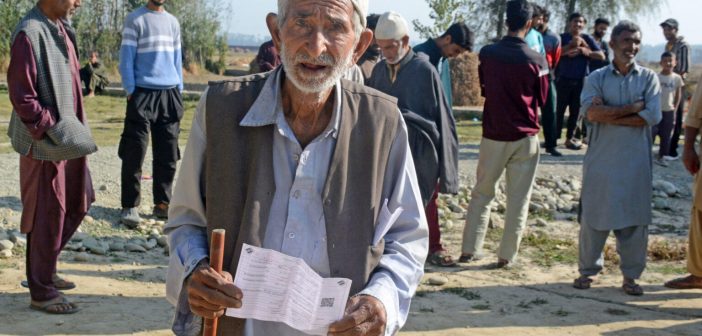The alliance between the Congress and the National Conference (NC) in Jammu and Kashmir (J&K) comes at a time of political necessity rather than ideological alignment. While both parties aim to counter the BJP’s influence and address local grievances, several inherent challenges could hinder their ability to effectively govern even if they emerge victorious in the upcoming elections.
1. Fragile Coalition Dynamics
The alliance is primarily a tactical maneuver designed to consolidate votes against the BJP, which remains a formidable force in the region. However, such coalitions often suffer from a lack of cohesive strategy and mutual trust. Historical rivalries, especially between the Congress and NC, may resurface, leading to conflicts over policy and governance priorities. This discord could undermine the coalition’s stability and effectiveness.
2. Voter Discontent and High Expectations
Voters in J&K are increasingly disillusioned with political parties due to unfulfilled promises and prolonged bureaucratic rule since the abrogation of Article 370. The Congress-NC alliance must address significant public grievances, including economic stagnation, unemployment, and infrastructure deficiencies. Failing to deliver on these fronts could lead to a swift loss of public support, particularly given the heightened expectations from the electorate for tangible improvements in governance(.
3. Challenges of Governance
Even if the alliance manages to secure a governing majority, they face the daunting task of navigating the complex socio-political landscape of J&K. The region has experienced years of instability, and the newly formed government would need to address deeply rooted issues such as communal tensions, separatist sentiments, and security concerns. The lack of experience in handling such challenges effectively could lead to mismanagement and public dissatisfaction.
4. Bureaucratic Constraints
The continued presence of bureaucratic governance in J&K, imposed during the central rule, limits the effectiveness of elected representatives. The NC and Congress may find themselves at odds with bureaucratic norms that prioritize central directives over local needs. This could stymie efforts to implement reforms and make meaningful changes that resonate with constituents(.
5. Inadequate Representation of Diverse Interests
While the NC and Congress are attempting to unite against the BJP, they may struggle to represent the diverse interests within J&K effectively. The region comprises multiple communities with varying needs and aspirations. The lack of a robust, inclusive policy framework could alienate significant voter blocs, resulting in further fragmentation of support(.
6. The Specter of the BJP
The BJP remains a potent electoral force in J&K, particularly in Jammu, where it has made significant inroads in recent elections. The Congress-NC alliance must not only secure their traditional voter bases but also effectively counter the BJP’s narrative and outreach efforts. The challenge lies in translating the alliance’s political strategy into grassroots support amid the BJP’s organized campaign machinery.
Conclusion
The Congress-NC alliance faces an uphill battle in governing J&K even if they secure electoral success. Internal discord, voter disillusionment, bureaucratic hurdles, and the formidable presence of the BJP create a precarious environment for effective governance. As they attempt to navigate these challenges, their ability to meet public expectations and deliver tangible results will be critical to their long-term viability in the region.






